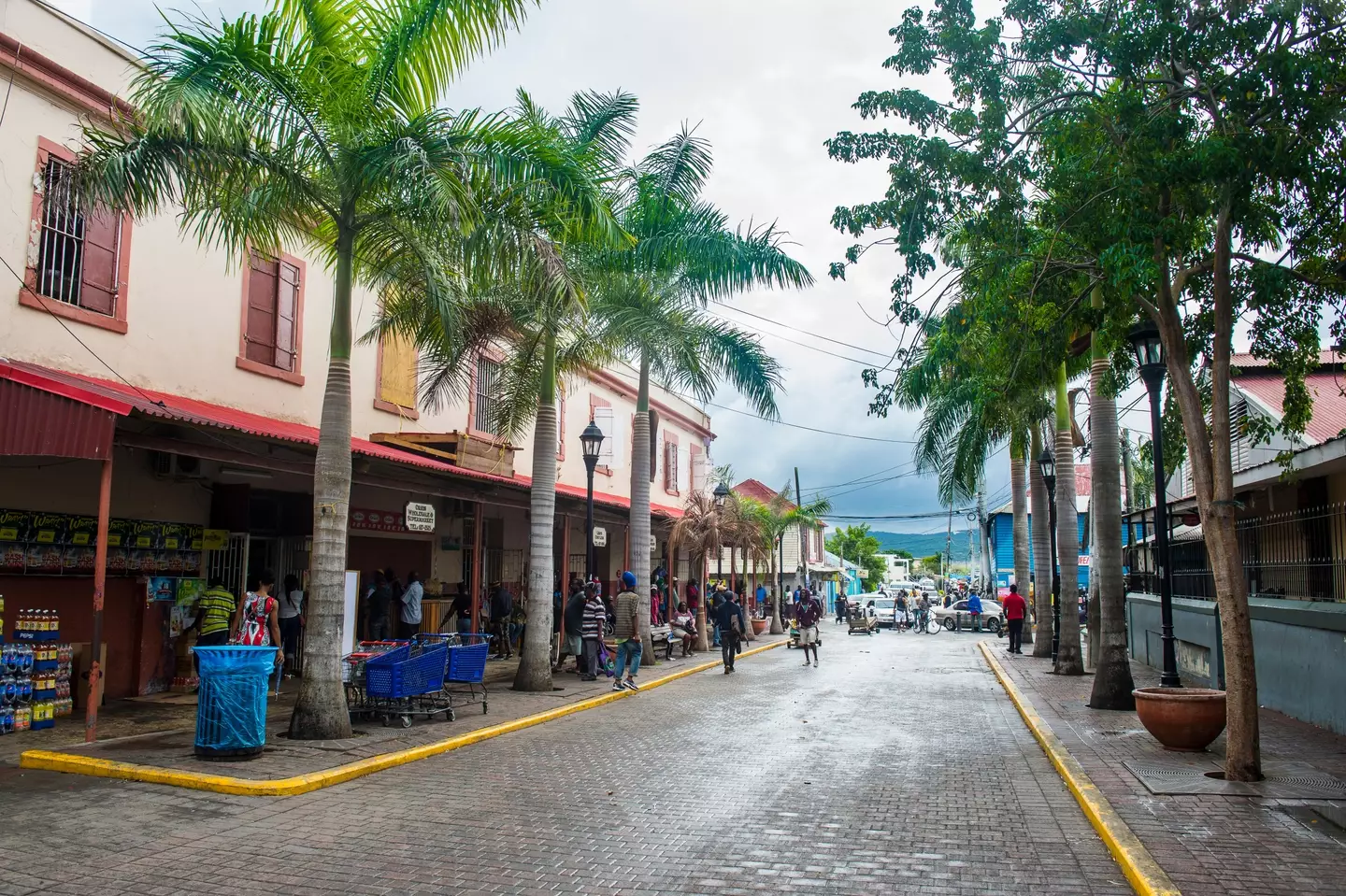
Content that ‘glorifies illegal activity’ - for example, gun and drug use - has been banned by Jamaica's broadcasting authority.
A list of specific topics that are now banned has been made public and the broadcasting agency’s new rule covers both TV and radio.
The ban has been widely criticised by artists in Jamaica, who argue that music is a reflection of life.

Advert
The ban comes amid ‘high levels of violent crime in Jamaica’ and notes that in 2021, the island nation had one of the highest murder rates in all of Latin America and the Caribbean.
Jamaica's broadcasting agency says that it hopes the move will prevent ‘the wrong impression that criminality is an accepted feature of Jamaican culture and society’ while keeping the airwaves ‘clean’.
Station operators must take immediate steps to comply.
The broadcasting agency also expressed concern that ‘offensive’ content could ‘normalise’ criminal activity among ‘vulnerable and impressionable youths’.
Jamaica's musical artists were quick to criticise the move, with Romeich, a local music manager and producer, writing on Instagram: "We can't stop the creatives (artists) from singing about what they see around them or grew around.”
Romeich also pondered: “[Is] Jamaica the only country that has children? Because the same children listen to these same songs elsewhere.”
Grammy award-winning music producer and singer Di Genius tweeted sarcastically: "Yay! Crime and violence gonna magically stop now.”
He added: "[In my opinion] the move is more of a 'look we're doing something' more than actually trying to do something.”
Their sentiment was largely echoed on Twitter, with plenty people writing comments like: “Banning music will solve Jamaica’s crime problem? Did music introduce gun violence into Jamaica? Did music set policies to mess up people's lives?”, “When is Jamaica going to realise dancehall music isn’t to blame for the crime and violence. It’s P O V E R T Y. Blame poverty. Cancel poverty. Ban poverty” and “Not jamaica banning the songs and not the actual crimes.”
It’s not the first time Jamaica has enforced a music ban.
Back in 2009, when ‘daggering’ - a form of sexually-suggestive dancing - became popular, regulators clamped down on music promoting sex and violence.
In a statement explaining the decision, the broadcasting commission said at the time that although freedom of expression had to be regarded, content that promoted criminality was at loggerheads with the ‘tenets of responsible broadcasting’.
If you have a story you want to tell, send it to UNILAD via [email protected]
Topics: World News, Music, Film and TV